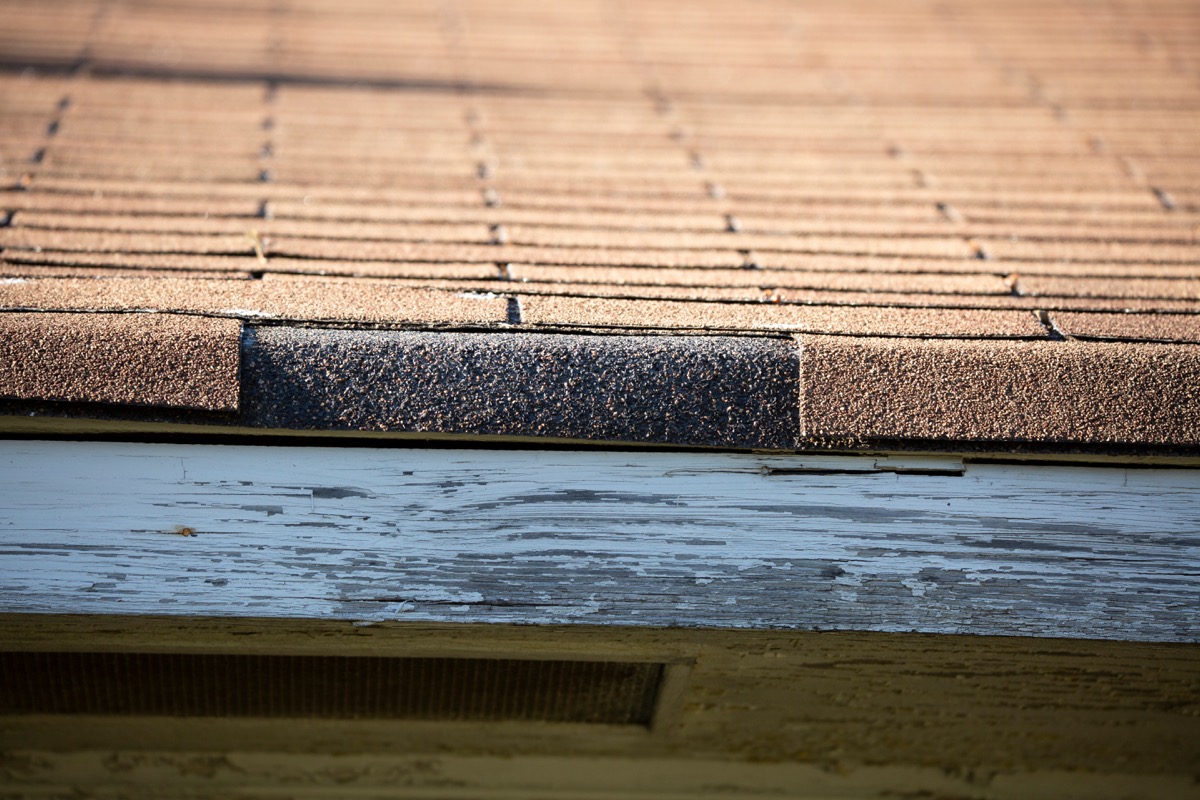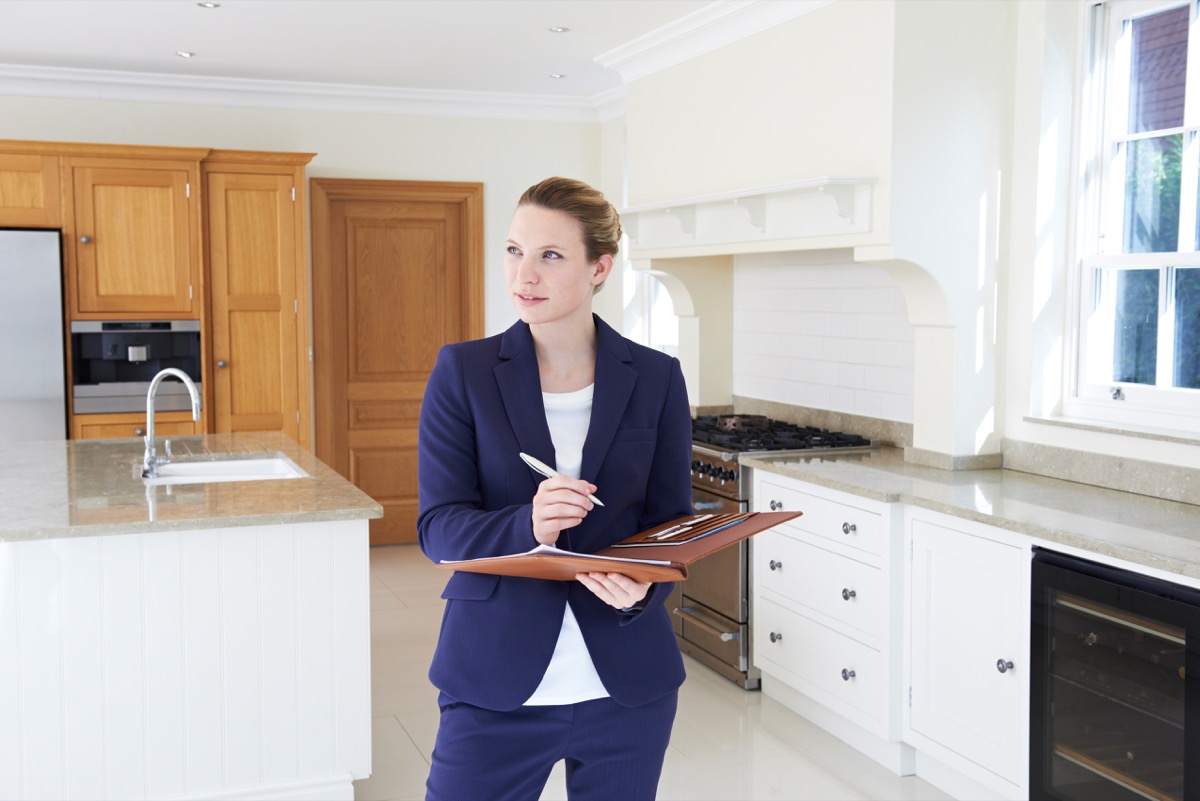While you might think big issues like an outdated kitchen or lackluster curb appeal are what’s lowering your home’s value the most, experts say it’s the little things that add up. “The number one and most addressable thing that lowers the value of your home is simply maintenance,” says Tomas Satas, a real estate investor and founder of Windy City Home Buyer. “So many people just live in their homes and fix things when they break instead of maintaining them. The HVAC unit may not have had a filter change, let alone routine maintenance. The roof could be missing shingles, but they do nothing until it leaks. The paint is fading and peeling, the windows don’t open, and the yard is a mess.“ae0fcc31ae342fd3a1346ebb1f342fcb When maintenance is neglected and put off, a house deteriorates faster—and it shows. “Most buyers have the money to buy a house, but not enough to fix one up,” notes April Henley of SolidOffers. And for easy home maintenance, try these 50 Easy DIY Projects You Can Tackle This Weekend. You probably notice when there are little problems in your home, but put off repairing them until they get worse. Rather than wait for issues to deteriorate over time, you should address any problems right away. This is not only beneficial to the value of your home, but it’s also cost-effective. “Suppose a homeowner spots termite damage in one portion of their home, but they postpone hiring a pest-killing service until it does severe damage,” says Martin Orefice, founder of Rent To Own Labs. “In this scenario, they might forget about the termite problem until the damage becomes irreversible and the repair costs become too high.” David White, a realtor with Century 21/Stein Posner, says that upkeep on your investment is critical if you want to see a return. Additionally, he points out that issues are best handled as they arise, “because they actually don’t get less costly with time. Typically the problem gets worse.” And for a house update you can skip, This Is the Home Improvement Decision You’ll Regret Most, Survey Finds. While you should be keeping an eye out for any problems that arise, it can be helpful to do a quick sweep of your home to see if there are any maintenance issues that need to be addressed. Henley suggests homeowners “research a list of home maintenance items and go through the list, checking off each item. This includes checking the home exterior, systems (i.e., electrical, water, and HVAC), and appliances, and making repairs and cleaning, as necessary,” she says. If you need some inspiration on what to look for, the U.S. Department of Housing and Urban Development (HUD) has a complete maintenance checklist for “healthy homes” that can help you monitor how well you’re maintaining yours. And for more useful information delivered straight to your inbox, sign up for our daily newsletter. You don’t need to be ready to sell to have a realtor evaluate the state of your home. White suggests having a realtor do a quick evaluation to help you get an idea of where you’re at. “From a home evaluation, you will find out where you stand and how to improve,” White says. “People are advised to take continuing education courses on all aspects of life from our careers to our relationships. Why not continue to learn about how you can protect one of your most valuable investments—your home.” And for projects to avoid, discover 50 Home Maintenance Mistakes Everyone Needs to Stop Making.



